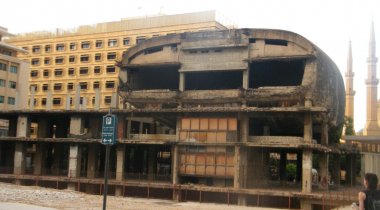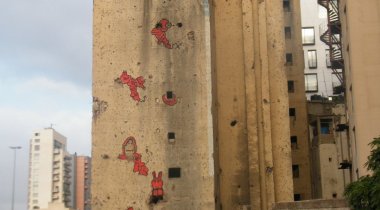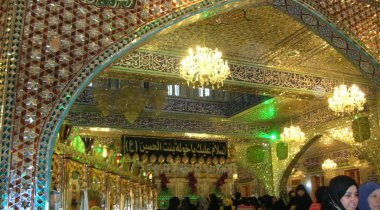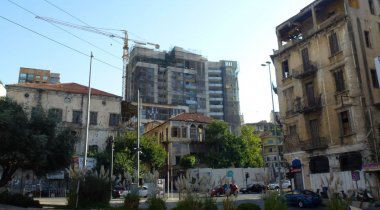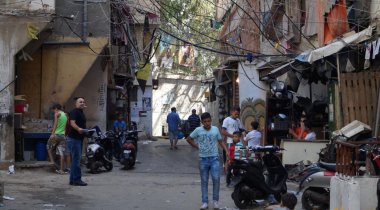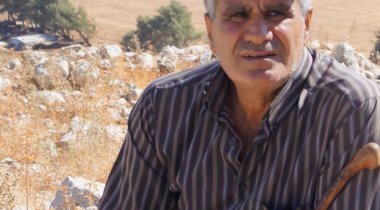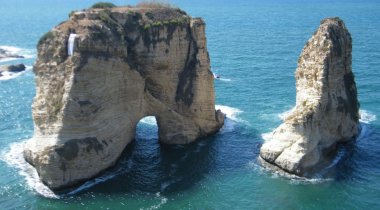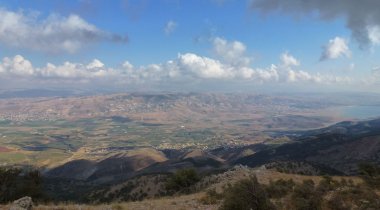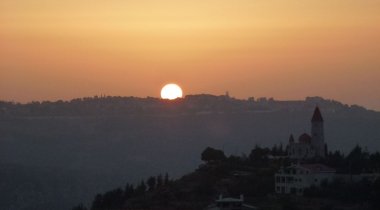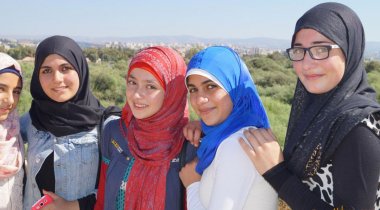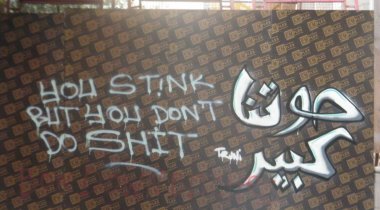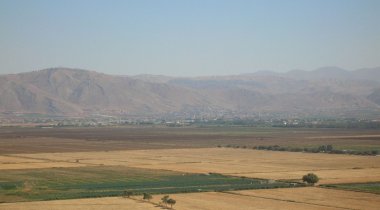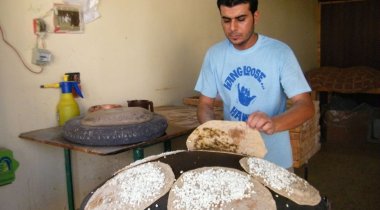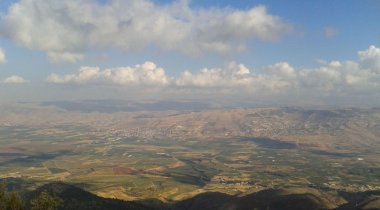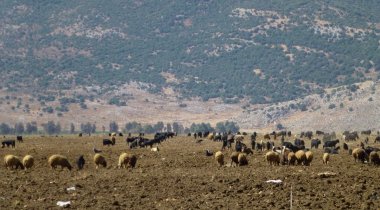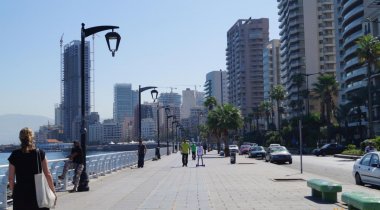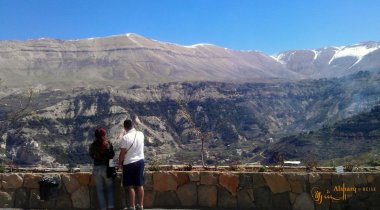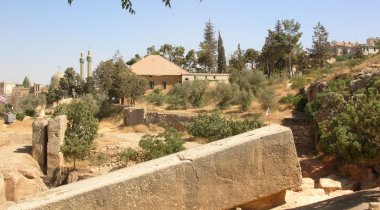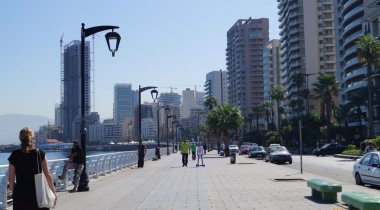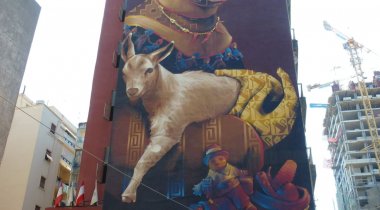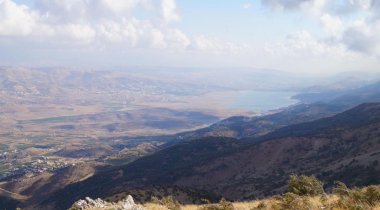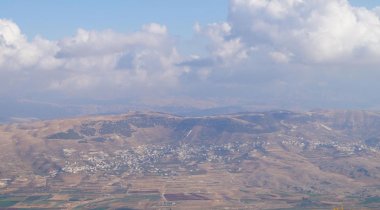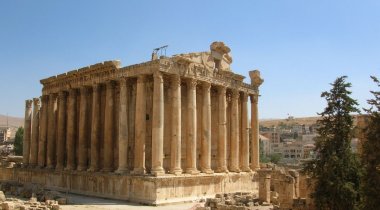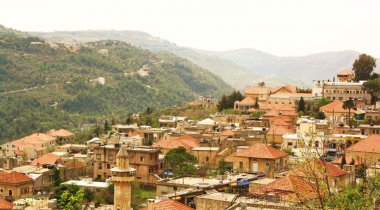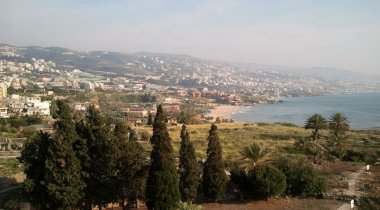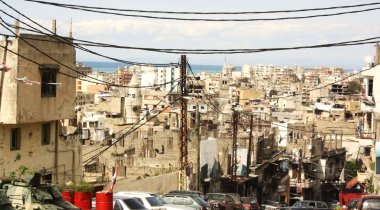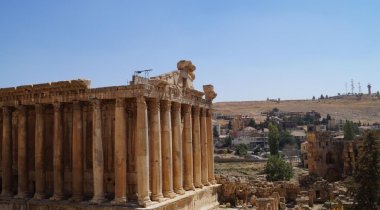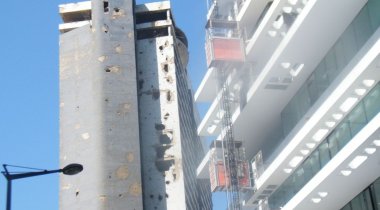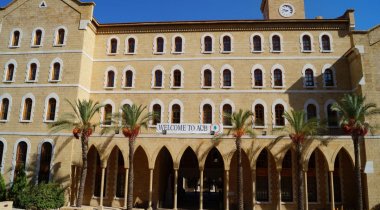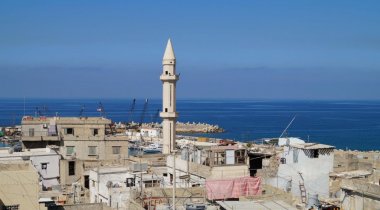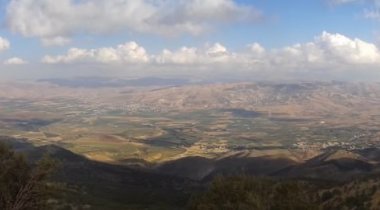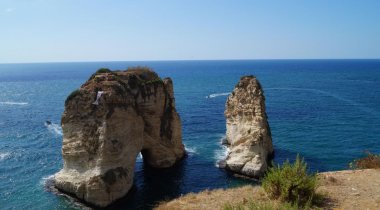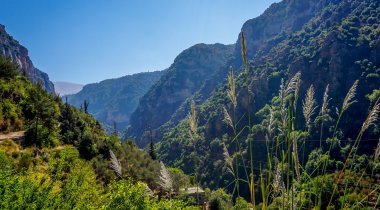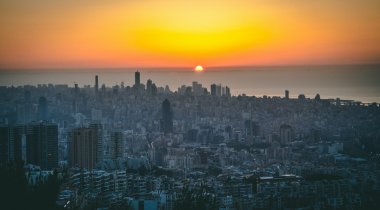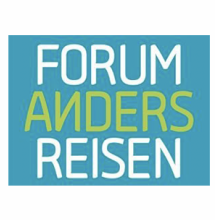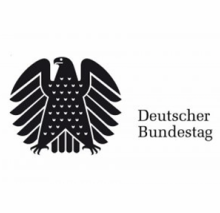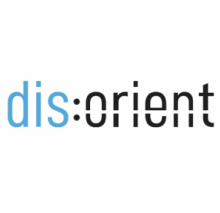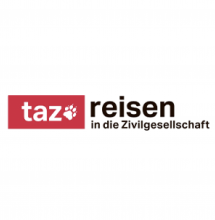“The land of the cedars” boasts many World Cultural Heritage Sites, a world-famous cuisine, stunning mountain landscapes, sophisticated skiing areas, beach clubs, and wineries— as well as vibrant nightlife. At the same time, Lebanon is still marked by the devastating civil war that raged from 1975 to 1990, and crushing poverty in refugee camps and rural areas.
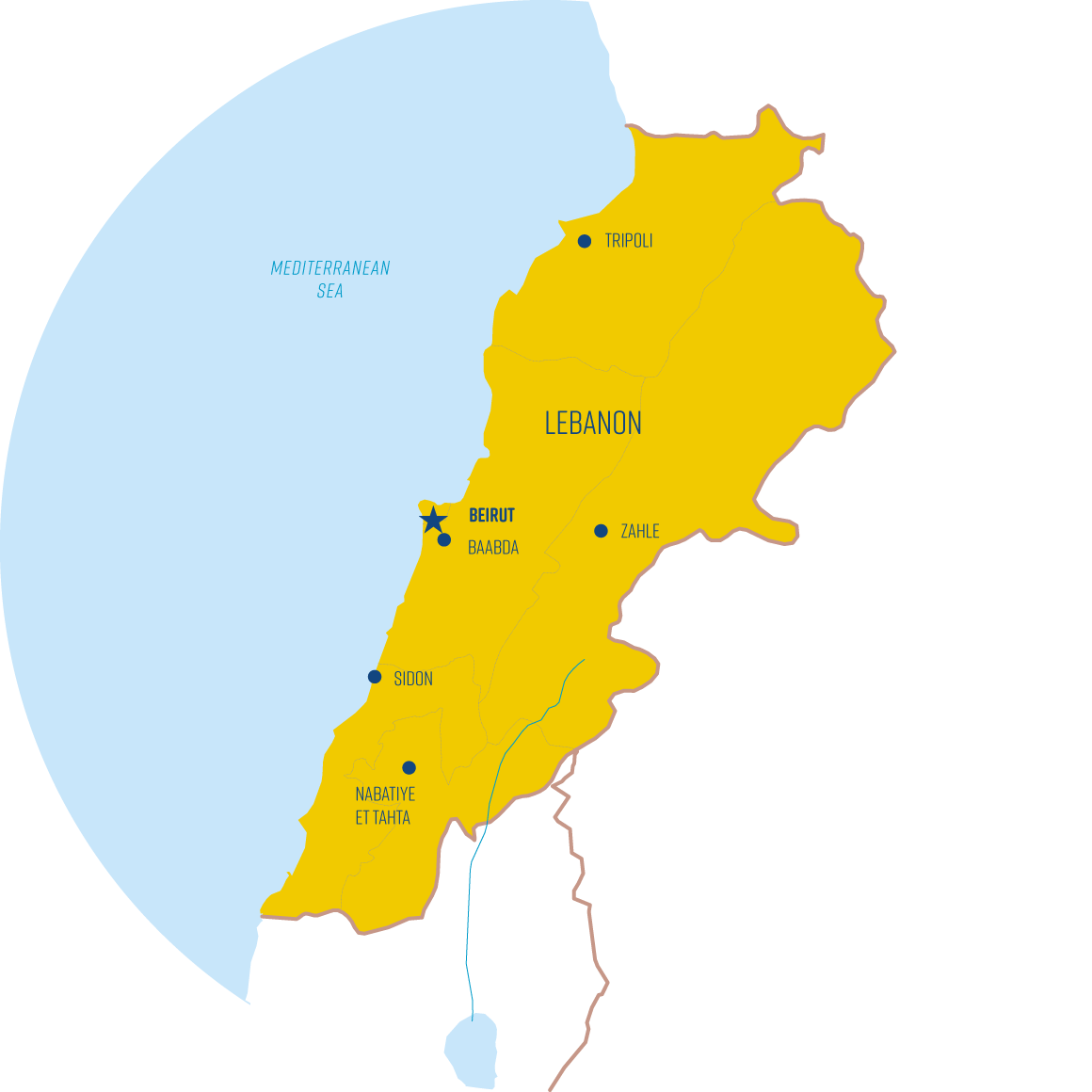
Few countries besides Lebanon have so many different facets—all packed into an area half the size of Wales. Travelers interested in culture and politics relish the fascinating contradictions of this bridgehead between the Arab world and Europe, which at one and the same time is liberal, fun-loving, conservative, and enigmatic.
These facets make Lebanon an ideal destination for both newbies and Middle East experts. Regional events such as the Israeli-Palestinian conflict, the Iranian Revolution, and the war in Syria deeply affect this small land. Lebanon itself has repeatedly fought its neighbors. At the same time, Lebanon’s cultural giants have long inspired the Arab world, with man of letters Amin Maalouf, film director Nadine Labaki, and the legendary singer Fairuz all famous far from Beirut.
Unsere Highlights
Beirut
Lebanon’s capital and most important city, Beirut exhibits traces of its Ottoman and French past. Although we see signs of the civil war that divided the city into East and West, we sense the hope unleashed by the 2005 “Cedar Revolution.” In Beirut, the here-and-now is exciting. Civil society actors tell us how they view their country’s future. In a Palestinian refugee camp, we witness the fallout of the decades-old Israeli-Arab conflict and the war in Syria.
Southern Lebanon
We roam through the old market of the Phoenician city of Sidon and visit Roman ruins in the port city of Tyre. We also visit Beaufort Castle, built by the Crusaders, which in modern times served as headquarters for the Israeli Army. We discuss Israel’s 22-year occupation of southern Lebanon, the 2006 Israel-Lebanon War, and the role of Hezbollah.
The Chouf Mountains
In the Chouf Mountains southeast of Beirut, we hike through forests of huge, thousand-year-old cedars and learn about the local Druze community.
The Bekaa Valley
The fertile plain between the Mount Lebanon range and Syria, which enjoys more than 300 days of sunshine each year, is not just known for its vegetables and delicious wines: It also hosts a Lebanese orphanage and many camps for Syrian refugees. In Baalbek, we visit the largest temple of the Roman Empire and a Shia pilgrimage site.
Bcharré and Wadi Qadisha
In the birthplace of artist, poet, and writer Khalil Gibran, we concern ourselves with the Maronites, Lebanon’s largest Christian denomination, and hike through the “Holy Valley.”
The north coast
The security situation permitting, we will travel to Tripoli, Lebanon’s second largest city and the heartland of its Sunni Muslim community. Halfway to Tripoli from Beirut is Byblos, one of the world’s oldest continuously inhabited cities, where we can visit picturesque archeological excavations by the Mediterranean.
Useful country-specific information
Upcoming Tours and Events
Der „Lebanon Mountain Trail“ (LMT) durchzieht das schmale Land in der Levante fast komplett der Länge nach. Der Pfad verbindet Regionen und Dörfer, die sich im Bürgerkrieg feindlich gegenüber standen. Die Wanderung auf dem LMT ermöglicht, die religiöse Vielfalt, politische Zusammenhänge, den geschichtlichen Reichtum sowie die überwältigende Landschaft des Zedernstaates kennen zu lernen.
Wie kaum ein anderes Land vereint der Libanon auf einer Fläche halb so groß wie Hessen unterschiedlichste Facetten. Der Brückenkopf zwischen der arabischen Welt und Europa ist ein faszinierender Ort der Gegensätze.

